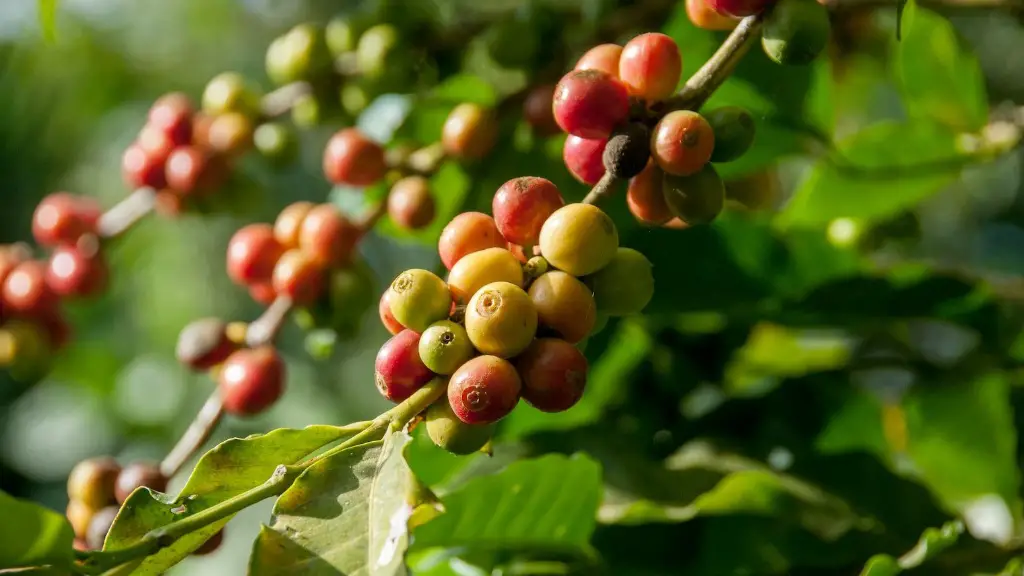Losing one’s wisdom teeth can be an uncomfortable process, from the surgery itself, to the aftercare. While the removal of wisdom teeth is a common procedure that millions of people have gone through, many still have questions about the process and what will best help the recovery. One of the first questions that come up when considering wisdom teeth removal is, “Can I drink coffee after getting my wisdom teeth removed?”
When considering beverages to consume following a wisdom teeth extraction, it is important to take into account the liquid’s temperature, as hot beverages may exacerbate swelling and irritate the wound. One of the best choices is actually a cold drink. Dr.Zaffar Akbar, a cosmetic surgeon, explains that a “cold smoothie or shake would be an ideal beverage post-procedure.” The cold temperature serves to reduce swelling and minimize the risk of trauma to the wound, while the liquid helps soothe the throat and wards off dehydration.
Dr. Akbar cautions that, although coffee may be drank following a wisdom tooth extraction, it should be cold rather than hot. “It’s best to avoid hot drinks, as this may agitate the wound,” says Akbar, “Certain beverages, such as coffee, can be drank cold; just make sure that it’s not overly sweet, as this increases the risk of bacteria entering the area where the wisdom teeth were.”
Once the wound has healed, it’s possible to add coffee back into your diet. However, the risk of a dry socket still exists days and weeks post-surgery, and so it’s prudent to avoid hard and crunchy foods, as well as drinks that are overly hot or cold. In addition, postcare should be tailored to the individual, according to the specific oral structure and anatomy of the mouth.
For those who are unsure of their sensitivity to coffee post-extraction, there are other options.“If you’re at all unsure, beverages such as tea, protein shakes, and cold soups are some of the more suitable options” Dr. Akbar states. Some teas, such as chamomile and lavender, can also work wonders for stress relief after the operation, aiding a smoother healing process.
Japanese Teas
Following the extraction of wisdom teeth, it is ideal for patients to consume liquids that are easy to drink and will soothe the throat, such as Japanese teas. Matcha tea, for example, is thicker than regular green tea, allowing for better hydration, and helps to alleviate swelling and pain in the region. In addition to the physical relief, it is said that matcha can help to provide the consumer with mental clarity, allow for relaxation and improve energy levels, helping them through the process of recovery.
Sencha tea is another popular option among those who have had their wisdom teeth removed. Sencha comes with a deep and refreshing taste and is said to help improve immunity and prevent infections. The antibacterial effects of sencha can help ensure the wound within the mouth doesn’t become infected, and can also work to reduce gum puffiness and bleeding. It has also been linked to stress relief and improved mental clarity, helping one focus on recovering both physically and mentally.
Overall, drinking coffee following the extraction of wisdom teeth is possible, so long as it’s cold and not overly sweet. However, if uncertain about the effects of coffee, Japanese teas are another great option that provide a multitude of healing benefits and support the user through the daunting process.
Herbal Teas
While regularly consumed teas that have been around for centuries can be a great help for those recovering from wisdom teeth extraction, herbal teas should also be taken into consideration. Not only are herbal teas free of caffeine and sugar, but the nutrients also provide soothing healing properties.
According to Dr. Kelly Mitchell, a general dentist, “Herbal teas provide special healing benefits such as anti-inflammation, pain relief, and helping to kill bacteria present in the mouth following a tooth extraction.”
The compounds present in herbal teas can work to reduce mouth and gum puffiness, as well as bleeding from the area of the wound. They can also be useful for pain relief, helping to reduce discomfort. For example, chamomile tea can be applied as gargles or used as a mouthwash to help reduce bacteria and build strong teeth, preventing loss of enamel.
Herbal teas should be used with discretion. If a person is pregnant, they should opt for decaffeinated herbal tea, as some of them contain compounds which can affect their child. In addition, asthmatic patients should use natural herbal products as they may contain certain ingredients that can cause allergic reactions. Before deciding to use these products, it’s best to consult a physician first.
Herbal teas such as chamomile, peppermint, and lavender can help artfully ease the devastating pain that comes with a wisdom teeth extraction. Not only do these teas provide the patient with nutritional benefits, but the soothing, contemplative effects can go a long way to providing comfort and a subtle way of managing the recovering process.
Smoothies
Smoothies have become popular amongst today’s consumers for their health benefits. Not only are they a good way to add vegetables, fruits and nutritional supplements such as protein powder and chia seeds to one’s diet, but they can also provide relief from the pain brought on by a wisdom tooth extraction.
Barbara Scott, a nutritionist at Nutrition Cos, explains that “Smoothies are a great source of hydration and many nutrients like Vitamins K and C, potassium, and magnesium that can help to improve your recovery.” These nutrients are key in repairing damaged tissues in the mouth and improving the strength of gums, reducing the chance of dry socket, a common issue post-surgery.
Green smoothies, ones that are largely made up of greens like spinach and kale, are a great choice. Not only are they highly nutritious, but they also balance out the flavour and help save a person from loading up on sugar which increases inflammation and can cause further pain. Furthermore, smoothies are a great way to avoid hard foods and feed the jaw the necessary nutrients for recovery.
Aside from greens, other smoothie ingredients can provide additional benefits. Bananas, for example, are one of the best sources of potassium, helping to reduce swelling and inflammation. They are also rich intrytophan, a key substance used in relaxation, making bananas a great choice for post-extraction smoothies.
Overall, smoothies are an ideal choice for those recovering from wisdom teeth extraction. They are hydrating, nutritious, and can work to reduce pain and swelling. With the right ingredients, they can also be incredibly flavoursome and provide a much-needed energy boost to those who might be feeling sluggish after surgery.
Pain Management
The most common issue that arises following a wisdom teeth extraction is the pain that comes with it. While the severity of the pain can vary depending on the individual, it is important to take the necessary precautions to minimize potential discomfort and aid the recovery process.
Painkillers, or over-the-counter medications such as ibuprofen, are a great way to reduce inflammation and discomfort caused by a wisdom teeth extraction. However, it is important to follow the latest guidelines from NHS England and talk to your local specialist about the most suitable medication for you.
If feeling pain, it is also important to keep the area clean. Use an antibacterial mouthwash as this can reduce the amount of bacteria present and avoid candy and alcohol, as these can increase the chance chance of infection. Similarly, ice packs can work to reduce swelling and ease the sensation of pain. The sensation of coldness creates a numbing effect on the affected area, reducing inflammation and providing temporary relief.
Finally, gentle, steady breathing exercises are recommended post-extraction, as this reduces the levels of anxiety and eases pressure on the open wound within the wisdom teeth-area. Dr. Akbar suggests that “yoga is great for this, as it helps to channel one’s energy into actually relaxing, while also mitigating any pain through relaxation breathing.”
Overall, after a wisdom tooth extraction, regulating pain is key in order to reduce the time it takes to recover. Over the counter medications and home remedies can all be used in the short-term for this purpose, although it is recommended to adjust these pain management methods to the individual. Yoga and other relaxation practices can also be implemented, providing supplementary relief and helping to promote a smoother process of recovery.





